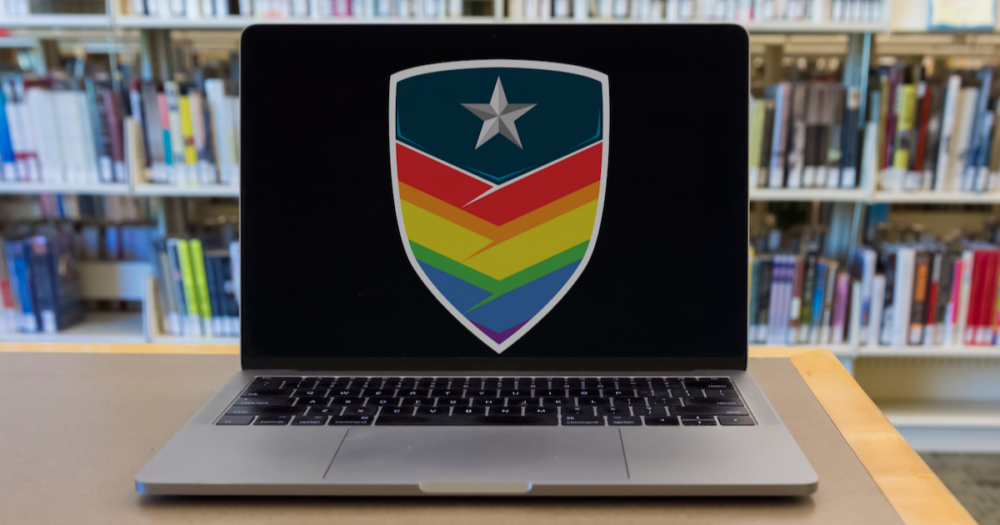We’re thrilled to announce that our next MMAA Rainbow Shield training session will be on Thursday, April 16, 2020, starting at 11:00 AM ET. The online LGBTQ cultural competency training is a unique opportunity for military and veteran service providers and advocates to sharpen their skills and expand their knowledge base.
All participants will receive a certificate certifying CEUs or CPUs.
The April 16 online training opportunities will include (further details on each level below):
Basic: 11:00 AM – 12:30 PM ET
Intermediate: 1:30 PM – 3:00 PM ET
Cost:
Basic = $200
Basic + Intermediate = $350
.
BASIC LEVEL
LGBTQ 101 for Leaders, Advocates, and Service Providers
This training provides a foundation for working with LGBTQ veterans. The learning outcomes for this training include:
- Demonstrate an understanding of sexual orientation, gender identity, and serostatus conversion
- Demonstrate an understanding of LGBTQ and HIV+ military and veteran experiences in a historical context
- List specific challenges faced by LGBTQ and HIV+ veterans, including impacts of stigma, discrimination, and policy
The topics to be covered in this training include:
- History and demographics of the LGBTQ and HIV+ military and veteran community
- Overview of terminology and common experiences of the LGBTQ and HIV+ military and veteran community
- Myths and stereotypes that impact how LGBTQ and HIV+ people are seen and treated in society, including how to recognize and see past harmful representations
- Policies impacting LGBTQ and HIV+ service members, veterans, and their families
INTERMEDIATE LEVEL
HIV 101 for Leaders, Advocates, and Service Providers
This training provides a foundation for working with veterans living with HIV outside of the health care context. The learning outcomes for this training include:
- Demonstrate an understanding of what HIV is, including how it is and is not transmitted (serostatus conversion)
- Demonstrate an understanding of military and veteran experiences for those living with HIV in a historical context
- List specific challenges faced by veterans living with HIV, including impacts of stigma, discrimination, and policy
The topics to be covered in this training include:
- Overview of terminology and common experiences of service members and veterans living with HIV
- Myths and stereotypes that impact how people living with HIV are seen and treated in society, including how to recognize and see past harmful representations
- Policies impacting service members and veterans living with HIV, as well as their families
- An overview of major forms of trauma commonly experienced by LGBTQ and HIV+ service members, veterans, and their families
- Examination of the six tenets of trauma-informed care, with examples of how they have been implemented through MMAA’s work and other organizations we have worked with
- Application of TIC principles to interactions with LGBTQ and HIV+ veterans and their families, as well as preventive and corrective opportunities to mitigate harm


